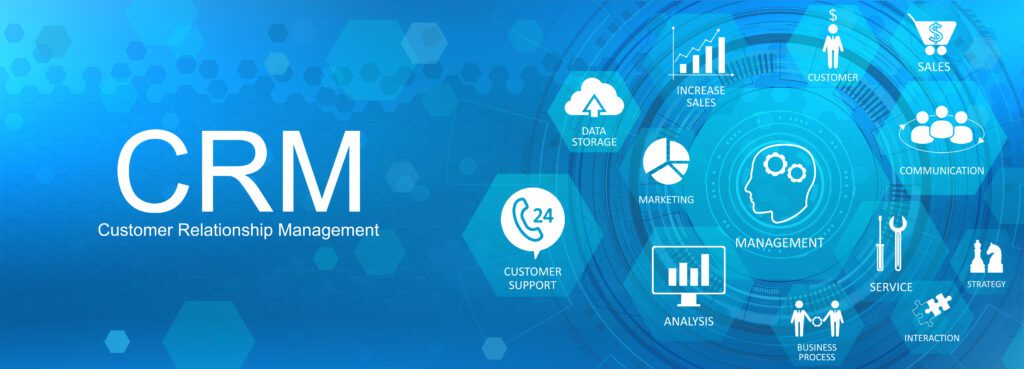
CRM, which stands for Customer Relationship Management, is much more than just software or a marketing strategy. It represents a business philosophy that places the customer at the center of every activity and decision. In short, CRM aims to effectively manage relationships with its customers, optimizing business operations, improving customer satisfaction, and contributing to the overall success of the company.
Difference between operational, analytical, and collaborative CRM
With Operational CRM, we refer to CRM applications aimed at customers that support activities such as:
- back-office order management;
- supply chain and transactions with the company’s computer system;
- front-office automation of sales forces and enterprise marketing automation;
- mobile office support for agent activities and other support services.
When we talk about Analytical CRM, we mean the data collection and analysis phase, which allows organizing knowledge to support management decisions. Working closely with operational CRM, it allows analyzing and transforming collected data into useful information to improve customer relationships.
Lastly, there is Collaborative CRM, which enables personalized customer relationships through various available channels. It consists of all the different communication tools through which a customer could interact, such as emails, phone calls, faxes, web pages.
Importance of CRM
CRM is crucial for today’s businesses. It’s not just about acquiring new customers but also about nurturing strong and lasting relationships with existing ones. An effective strategy that includes CRM allows maximizing profits from loyal customers, understanding their needs and expectations, and building a high-quality customer relationship.
Advantages of using CRM
Using a CRM system offers numerous advantages, including:
- Improved Customer Satisfaction: Providing personalized service tailored to customer needs leads to greater satisfaction and loyalty.
- Increase in Sales: Efficient management of customer data helps identify cross-selling and upselling opportunities.
- Operational Efficiency: Automating repetitive tasks frees up staff from tedious duties and allows them to focus on high-value activities.
- Presence on Multiple Channels: CRM helps manage communications with customers across various channels like email, phone, and the web, ensuring a consistent presence.
How to choose a CRM?
Choosing a Customer Relationship Management (CRM) system is a crucial decision for any business. First and foremost, it’s important to evaluate the specific needs of your business. Consider:
- how many customers you manage,
- what information you want to track,
- what business objectives you want to achieve.
Also, evaluate the available budget, as there are CRM solutions suitable for businesses of all sizes.
Ensure that the chosen CRM is user-friendly and can be easily adopted by your employees. Finally, consider the support and assistance provided by the vendor, as good support can make a difference in the success of CRM implementation in your company.
Why choose CRMPartners
CRMPartners is the ideal partner for implementing a successful CRM solution. With nearly 20 years of experience and a team of experienced professionals, CRMPartners offers consultancy and support to tailor the CRM to the specific needs of your business.
What sets CRMPartners apart is our commitment to ensuring that the CRM is an effective resource for your company. We understand that every business is unique


